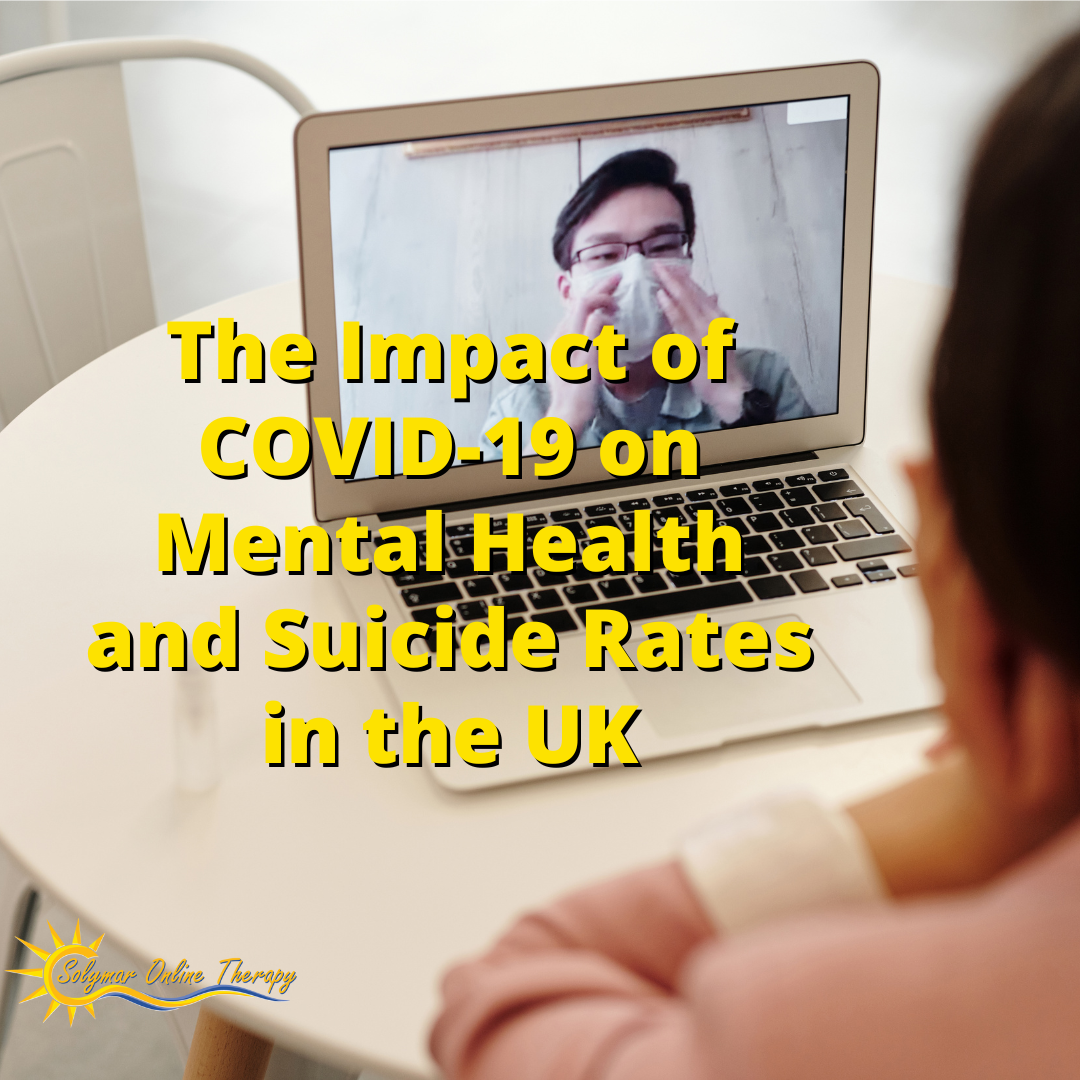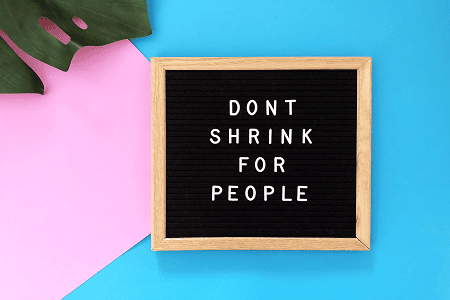 Introduction
Introduction
The COVID-19 pandemic has shaken the world to its core, causing widespread devastation and upheaval in many aspects of life. Beyond the physical health concerns, the mental health impact of the pandemic has been profound, affecting individuals of all ages and backgrounds. As we navigate through these challenging times, it becomes increasingly crucial to understand the impact of the pandemic on mental health and its potential correlation with suicide rates in the UK. This article aims to shed light on this critical issue and emphasize the significance of accessible mental health services, including online therapy, in times of crisis.
The Mental Health Toll of the Pandemic
The pandemic has led to a surge in mental health challenges, with many experiencing increased stress, anxiety, depression, and feelings of isolation. Uncertainty about the future, grief from losing loved ones, financial strain, and the disruption of daily routines have contributed to emotional distress for countless individuals.
For some, the pandemic has exacerbated existing mental health conditions, while others have faced mental health struggles for the first time in their lives. Frontline workers, who have been tirelessly battling the virus, have been particularly vulnerable to burnout and psychological trauma.
The Connection between Mental Health and Suicidal Thoughts
As the mental health toll continues to mount, there is a growing concern regarding its potential correlation with suicide rates. Studies have shown that periods of crisis and uncertainty can lead to an increase in suicide risk, as individuals facing overwhelming emotional challenges may contemplate ending their lives as a perceived escape from their pain.
It is important to note that the relationship between mental health and suicide is complex. While not everyone experiencing mental health challenges may have suicidal thoughts, understanding and addressing mental health issues play a significant role in suicide prevention.
The Role of Isolation and Loneliness
One of the major consequences of the pandemic has been social isolation. Lockdown measures, physical distancing guidelines, and remote work or study arrangements have limited social interactions, leading to feelings of loneliness and disconnection. Human beings are social creatures, and the absence of regular social contact can have a detrimental impact on mental well-being.
Social isolation has been identified as a risk factor for suicide, as individuals may lack the support and connection needed to navigate through tough times. Identifying and reaching out to those who are socially isolated is crucial to providing them with the support they need.
The Importance of Accessible Mental Health Services
During times of crisis like the COVID-19 pandemic, accessible mental health services become paramount. The traditional in-person approach to mental health care has faced challenges due to restrictions and safety concerns. However, the need for support has never been greater.
Online therapy has emerged as a lifeline for many individuals seeking mental health support during the pandemic. This platform provides remote access to licensed therapists, allowing people to receive help from the comfort and safety of their homes. Online therapy offers a wide range of services, from individual counseling to group therapy, ensuring that individuals can find the support that best suits their needs.
Breaking Barriers to Mental Health Care
Online therapy not only provides convenience and accessibility but also breaks down barriers that may prevent individuals from seeking help. The stigma surrounding mental health is one of the significant barriers that discourage people from reaching out for support. Online therapy offers a more discreet and private setting, reducing the fear of judgment or social stigma associated with seeking help.
Additionally, online therapy eliminates geographical barriers, ensuring that individuals in remote or underserved areas can access mental health services that may not be readily available to them otherwise. This inclusivity is crucial in reaching those who need support the most.
Promoting Mental Health Awareness and Support
In these unprecedented times, it is essential to prioritize mental health awareness and support. Government organizations, healthcare institutions, and community groups must work together to increase mental health resources and funding. Education on mental health and suicide prevention should be widely available, empowering individuals to recognize signs of distress in themselves and others and take appropriate action.
Support systems within families, workplaces, and educational institutions can play a significant role in fostering a culture of understanding and compassion. By openly discussing mental health and creating safe spaces for individuals to seek help, we can reduce the stigma and encourage early intervention.
Conclusion
The COVID-19 pandemic has had a profound impact on mental health, contributing to increased stress, anxiety, and depression for many individuals in the UK. The connection between mental health and suicide rates underscores the urgency of addressing mental health challenges during this crisis.
Accessible mental health services, such as online therapy, play a vital role in supporting individuals during these unprecedented times. Breaking down barriers and providing remote, confidential support can make a significant difference in saving lives.
As we continue to navigate the challenges posed by the pandemic, promoting mental health awareness and prioritizing mental wellness is crucial. By working together, we can build a resilient and compassionate society that supports one another through these trying times. Remember that seeking help is a sign of strength, and support is available for anyone who needs it. Together, we can foster hope, healing, and resilience for a brighter future.
Hashtags: #COVID19Impact #MentalHealth #SuicideRates #OnlineTherapy #MentalHealthServices #UK #MentalWellness #PandemicImpact #CrisisSupport #MentalHealthAwareness
Suicide Help
Suicide Help Lines
![UK Suicide Help Lines]() UK
UK
Here are some UK-based helpline numbers and resources that individuals can reach out to for immediate support if needed:
-
Samaritans Helpline: 116 123 Website: www.samaritans.org
-
Mind Infoline Helpline: 0300 123 3393 Text: 86463 Website: www.mind.org.uk
-
CALM (Campaign Against Living Miserably) Helpline: 0800 58 58 58 Website: www.thecalmzone.net
-
PAPYRUS (Prevention of Young Suicide) Helpline (for under 35): 0800 068 41 41 Website: www.papyrus-uk.org
-
The Mix (for under 25) Helpline: 0808 808 4994 Website: www.themix.org.uk
-
Rethink Mental Illness Helpline: 0808 801 0707 Website: www.rethink.org
-
YoungMinds (for parents concerned about their child's mental health) Helpline: 0808 802 5544 Website: www.youngminds.org.uk
-
Childline Helpline: 0800 1111 Website: www.childline.org.uk
Remember, if you or someone you know is in immediate danger or requires urgent medical attention, please call 999 or go to the nearest hospital emergency department.
These helplines and resources are staffed by trained professionals who can provide confidential support, guidance, and a listening ear to those experiencing emotional distress, including thoughts of suicide. It's crucial to reach out for help when needed, and these organizations are there to offer support 24/7.
![Canada Suicide Help Lines]() CANADA
CANADA
Here are some Canadian-based helpline numbers and resources that individuals can reach out to for immediate support if needed:
-
Canada Suicide Prevention Service Helpline: 1-833-456-4566 Website: www.crisisservicescanada.ca
-
Crisis Text Line Canada Text: CONNECT to 686868
-
Kids Help Phone (for youth under 20) Helpline: 1-800-668-6868 Website: www.kidshelpphone.ca
-
First Nations and Inuit Hope for Wellness Help Line Helpline: 1-855-242-3310
-
Trans Lifeline Helpline: 1-877-330-6366 Website: www.translifeline.org
-
Canadian Mental Health Association (CMHA) Crisis Line Check your local CMHA branch for the helpline number.
-
Crisis Services Canada Helpline: 1-833-456-4566 Text: 45645
-
Distress Centres of Greater Toronto Helpline: 416-408-4357 Text: 45645
These helplines and resources provide confidential support and assistance to individuals in Canada who may be experiencing emotional distress, suicidal thoughts, or other mental health challenges. Trained professionals are available to offer help 24/7, ensuring that those in need have access to immediate support and someone to talk to during difficult times.
As with any crisis situation, if you or someone you know is in immediate danger or requires urgent medical attention, please call 911 or go to the nearest hospital emergency department.
![US Suicide Help Lines]() USA
USA
Here are some USA-based helpline numbers and resources that individuals can reach out to for immediate support if needed:
-
National Suicide Prevention Lifeline Helpline: 1-800-273-TALK (1-800-273-8255) Website: www.suicidepreventionlifeline.org
-
Crisis Text Line Text: HOME to 741741 Website: www.crisistextline.org
-
Veterans Crisis Line Helpline: 1-800-273-TALK (1-800-273-8255), press 1 Text: 838255 Website: www.veteranscrisisline.net
-
SAMHSA (Substance Abuse and Mental Health Services Administration) National Helpline Helpline: 1-800-662-HELP (1-800-662-4357) Website: www.samhsa.gov/find-help/national-helpline
-
National Alliance on Mental Illness (NAMI) Helpline Helpline: 1-800-950-NAMI (1-800-950-6264) Website: www.nami.org
-
TrevorLifeline (for LGBTQ+ youth) Helpline: 1-866-488-7386 Website: www.thetrevorproject.org
-
RAINN (Rape, Abuse & Incest National Network) National Sexual Assault Hotline Helpline: 1-800-656-HOPE (1-800-656-4673) Website: www.rainn.org
-
National Domestic Violence Hotline Helpline: 1-800-799-SAFE (1-800-799-7233) Website: www.thehotline.org
These helplines and resources offer confidential support and help to individuals in the USA who may be experiencing emotional distress, suicidal thoughts, or dealing with mental health and related issues. Trained professionals are available 24/7 to provide immediate assistance and a listening ear for those in need.
In case of a life-threatening emergency or immediate danger, please call 911 or go to the nearest hospital emergency room for immediate help.

 UK
UK CANADA
CANADA USA
USA




